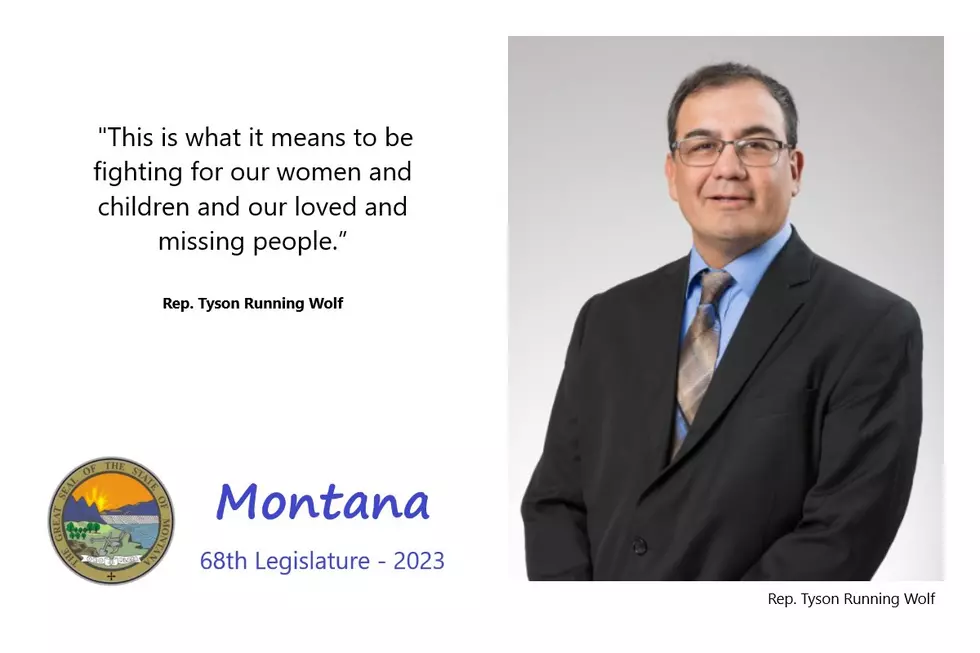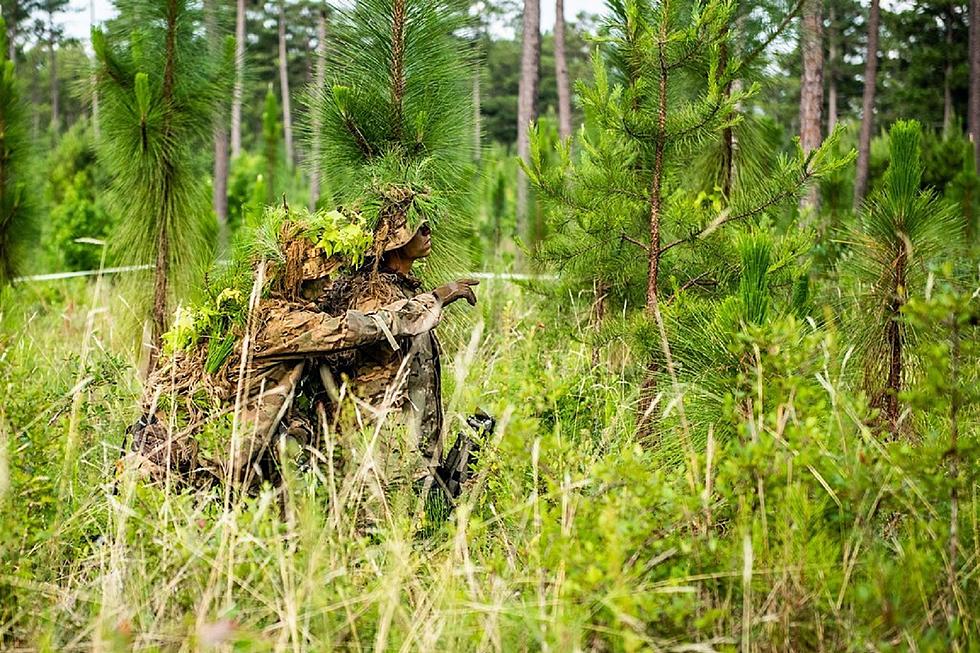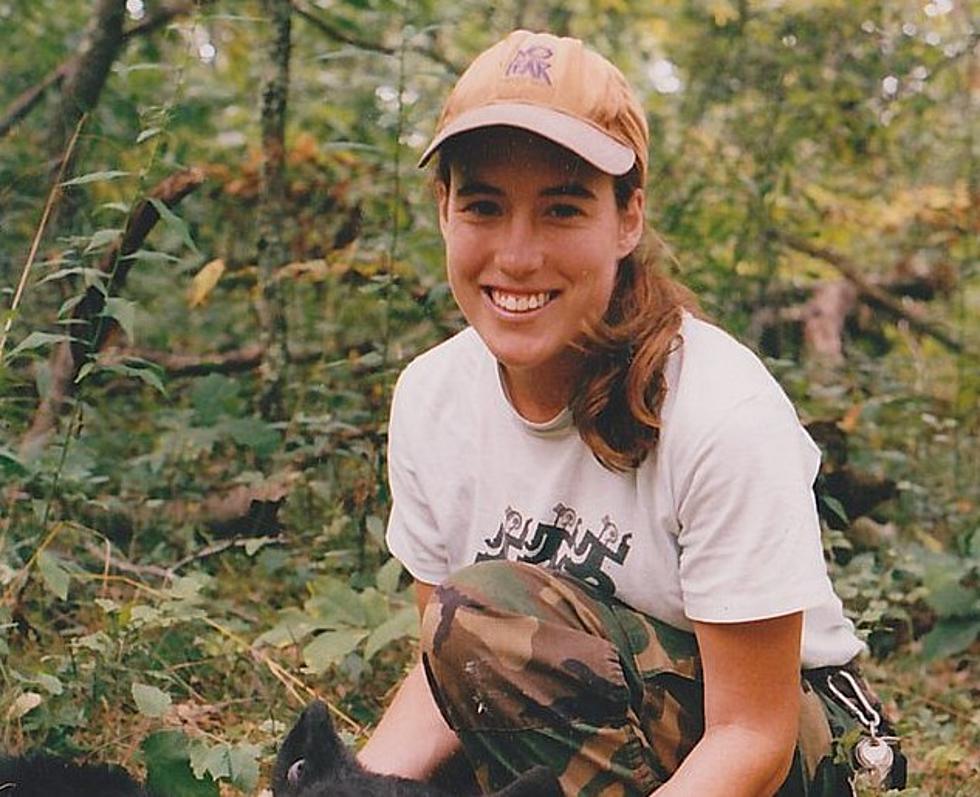
Montana House Approves Training for Volunteer Searchers, Considers Extending MMIP Task Force
HELENA -- State Representative Tyson Running Wolf (D-Browning) is sponsoring two bills in the Legislature with the goal of strengthening Montana’s response to missing persons cases. Running Wolf says the two bills would work hand-in-hand to help find missing people as soon as possible.
House Bill 18, which would provide training for coordinated community searches during the most crucial times after someone’s disappearance, passed the House on Wednesday, January 11, by a vote of 98-0, and is scheduled for a hearing before the Senate Judiciary Committee tomorrow (Jan. 20).
The House Judiciary Committee heard testimony yesterday (Jan. 18) on a bill that would renew Montana’s Missing and Murdered Indigenous Persons Task Force for another two years and add members from the Office of Public Instruction. The task force's goal is to navigate barriers between Federal, State, and Tribal governments when looking for missing people.
“As the elder once told me before, he said: ‘We are, we're not fighting hard enough for our women or our children.’ And I never understood what that meant because I always thought it was a physical fight. ‘Oh, I have got to go down there and knock this person around to take care of my daughter or my sister or my wife or somebody…’” Running Wolf said. “But actually, I'm not realizing it until I'm standing up here now that this is what it means to be fighting for our women and children and our loved and missing people.”
The Missing Indigenous Persons Task Force was created by the Legislature in 2019, with representatives from all of Montana's tribal nations, along with the FBI, Montana Department of Justice, local law enforcement agencies, and other entities. Funding for the task force must be renewed every two years, and is currently set to expire with the end of the fiscal year on June 30, 2023. HB-163 would extend funding to June 30, 2025, at a cost of $205,000.
Thirteen proponents spoke in favor of the bill, saying addressing the epidemic of missing and murdered Indigenous people in Montana is crucially important, and the task force is a good model of how to respond. They said adding more representatives from organizations like the OPI would improve the program, especially because so many of the cases involve children.
According to Dana Toole with the Department of Justice, who spoke as a proponent of the bill, the program’s goals are to increase the reporting of missing persons, improve tribal and community responses and engage youth.
Patrick Yawakie represented the Blackfeet Tribe and spoke in favor of the bill.
“Please support the task force by providing the resources needed in this collaboration so important data can be collected, shared, and can be used for more effective and efficient budgeting, planning, legislation, and educational materials. The reality of loved ones in a -- is a reality to many families and friends in Montana Indian Country,” Yawakie said.
No one opposed the bill at the hearing.
On average, Indigenous people are four times as likely to go missing in Montana according to the Montana Missing Indigenous Persons Reporting Portal created by the Blackfeet Community College. Forty-five indigenous people are missing in Montana right now -- 20 of whom have been missing for more than a year. Twenty-two are under the age of 18, the youngest of whom are two missing five-year-olds: Traton Boggs, who went missing on February 19th, 2022, and Arden Pepion who went missing on April 22nd, 2021. Any information on the disappearance of these children can be reported to Blackfeet Law Enforcement at (406) 338-4000.
Blackfeet Community College has built a website (www.mmipmt.com) for the MMIP Task Force.
-by Elinor Smith -
Elinor Smith is a reporter with the UM Legislative News Service, a partnership of the University of Montana School of Journalism, the Montana Broadcasters Association, the Montana Newspaper Association, and the Greater Montana Foundation.
More From KSEN AM 1150









